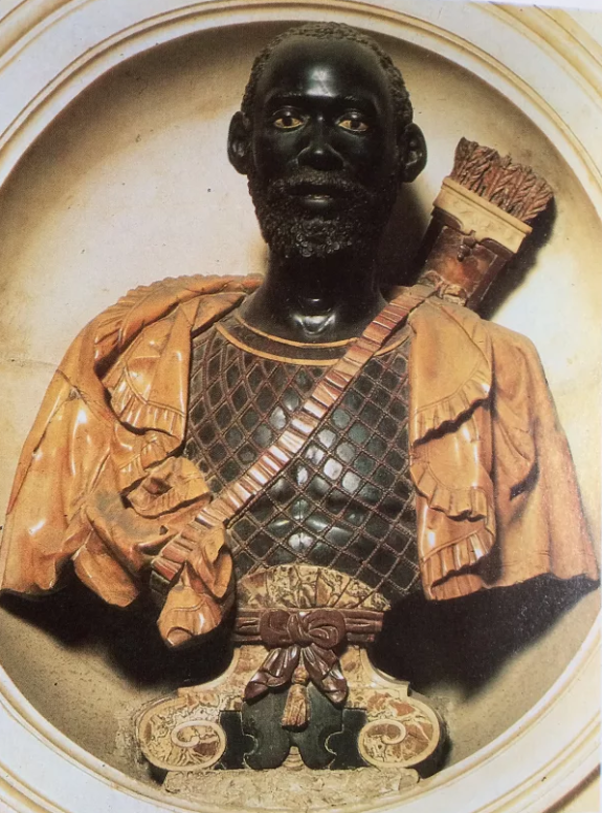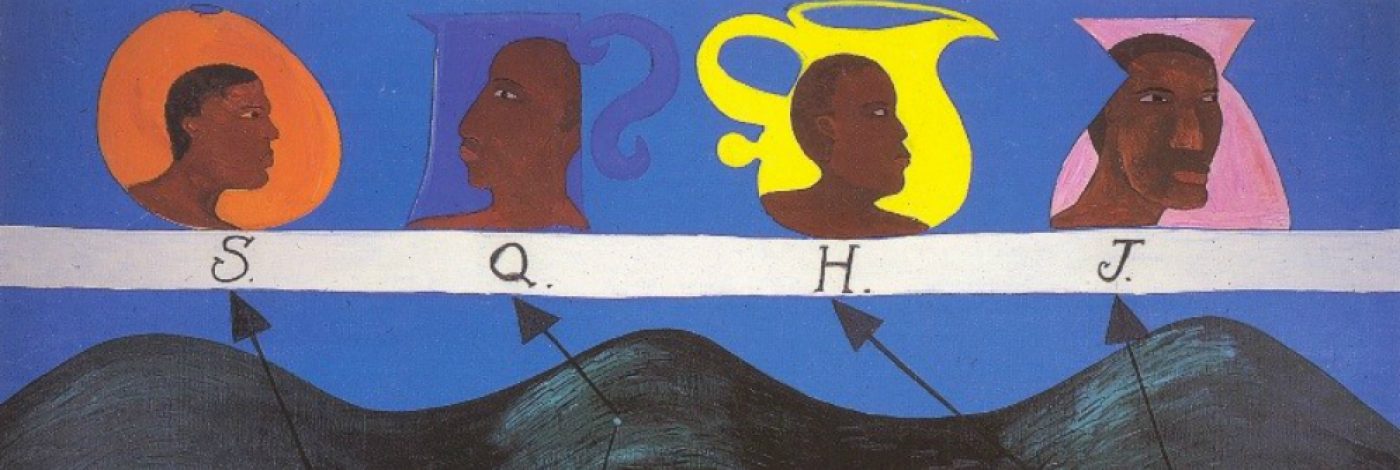In the Anglophone historiography, debate on enslaved people’s experience and the abolition of Atlantic World slavery has been largely dominated by US historians whose work is often geographically focused on the US, the Caribbean and Anglophone Africa and temporally limited to the 18th and 19th centuries. Much less attention has been paid to Lusophone Africa, Brazil, Portugal, Spain and the Vatican, which leaves a huge gap in knowledge on slavery and abolition. In particular, the almost exclusive focus on 18th and 19th century Euro-American debates on abolition overlooks the earlier debate that took place in the Luso-Hispanic Atlantic in the 17th century. In this monograph, Lourenço da Silva Mendonça and the Black Atlantic Abolitionist Movement in the 17th Century, I bring Lusophone Africa, Brazil (Americas), Portugal, Spain and the Vatican into the discussion. I focus in particular on the court case that Lourenço da Silva Mendonça, an Angolan prince, took to the Vatican in the seventeenth century to argue for the abolition of Atlantic slave trade.

|
The monograph is a ground-breaking historiography on the Atlantic slave trade contributing to scholarship by enhancing knowledge and understanding of the practice of the institution of slavery. It is based on rare and original data never used by African, Africanist and Atlanticist historians. This in-depth study is carried out in more than thirty archives and libraries in six countries, providing substantial new evidence of the transnational and highly organised African abolitionist movement in a crucial period in global history. Legal, moral, ethical and political debate on the abolition of slavery has always been understood to have been initiated by Europeans in the eighteenth century. Africans’ involvement on abolition of slavery is often confined to sporadic cases, namely those of ‘shipboard revolts’, ‘maroon communities’, and ‘household revolts’, etc. Notwithstanding, none of these studies have examined the international-scale legal liberation headed by Mendonça in the Vatican, 6 March 1684. His court case on the abolition of slavery not only included Black Africans, but also other constituencies such as New Christians and the Native Americans. I argue that there is a nexus of dialogues that have not been considered together in the context of the Atlantic in the relationship between those Africans seeking abolition, the New Christians and Indigenous people of America, their common search for liberty, and how the denial of religious freedom was connected with the denial of enslaved Africans’ humanity. I also argue that by allying himself with these different constituencies in the Atlantic, Mendonça transcended the African frontier with his message of freedom and abolition. His claim for liberty was universal, as it went beyond enslaved Africans’ predicament to include other oppressed groups in Africa, Brazil, Caribbean, Portugal, and Spain. Mendonça in his legal case questioned the institution of the Atlantic slavery, using four core principles to bolster his argument: Human, Natural, Divine, and Civil Laws. The book reveals, for the first time, how legal debates were headed not by Europeans, but by Africans. It also demystifies the common knowledge and accepted wisdom on African slavery, revealing the uncomfortable truth that the conquered kingdoms in Africa by the Europeans were coerced into practicing slavery. Any conquered king or ruler was obliged to pay 100 enslaved persons in tax per year. A tax system known in the Lusophone Africa as baculamento. Accordingly, the monographs proves the exceptionally complex African liberation struggle from the European colonial powers, and its inhumane denial by the political and Christian hierarchies. The monograph will be published by August 2022 with CUP.
|
Dr José Lingna Nafafé
University of Bristol
Jose.lingnanafafe@bristol.ac.uk


1 thought on “Lourenço da Silva Mendonça and the Black Atlantic Abolitionist Movement in the 17th Century by Dr José Lingna Nafafé”